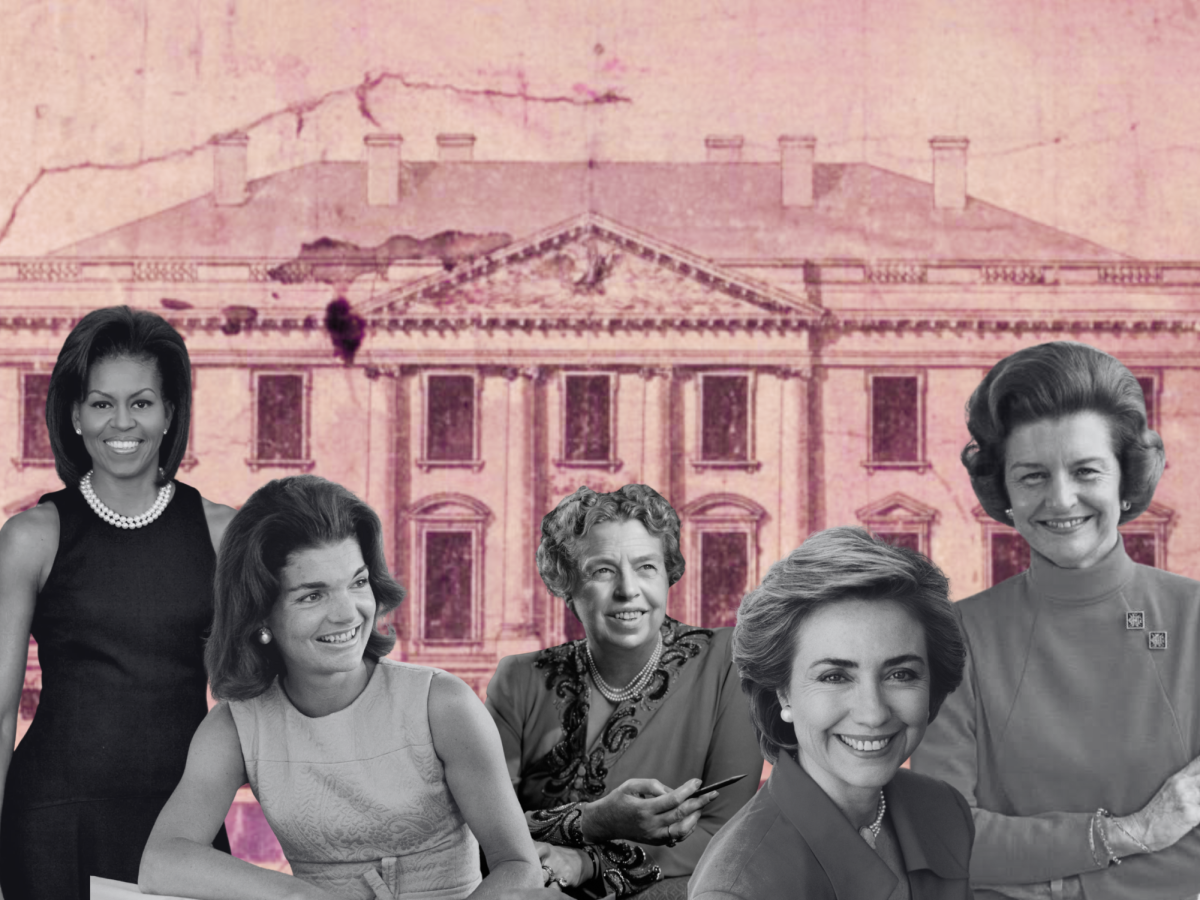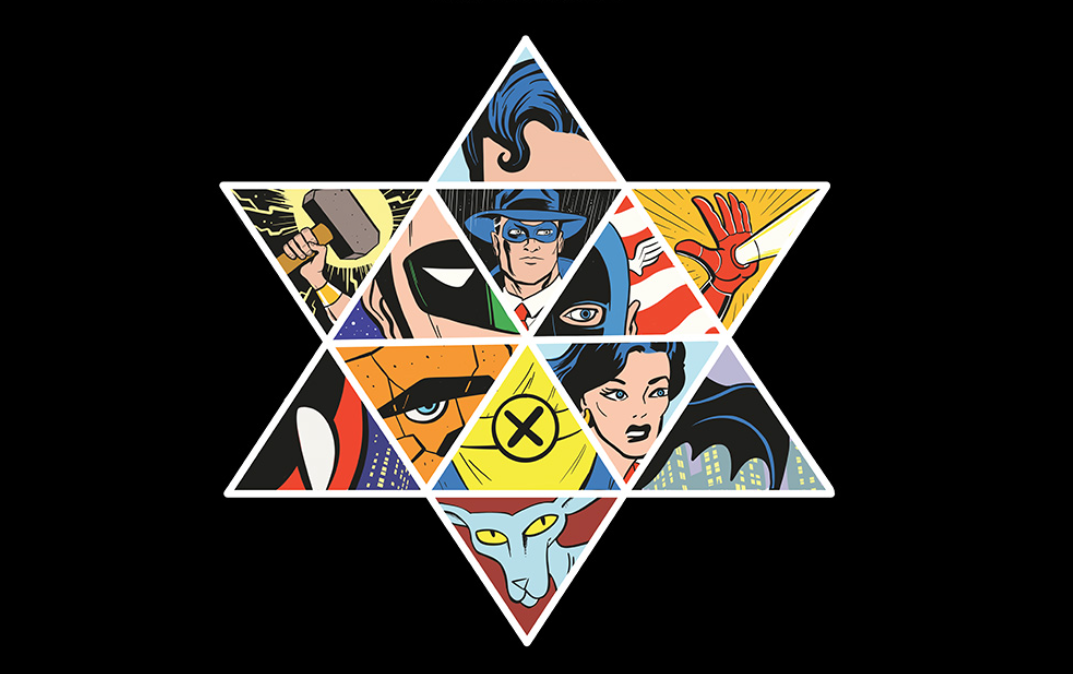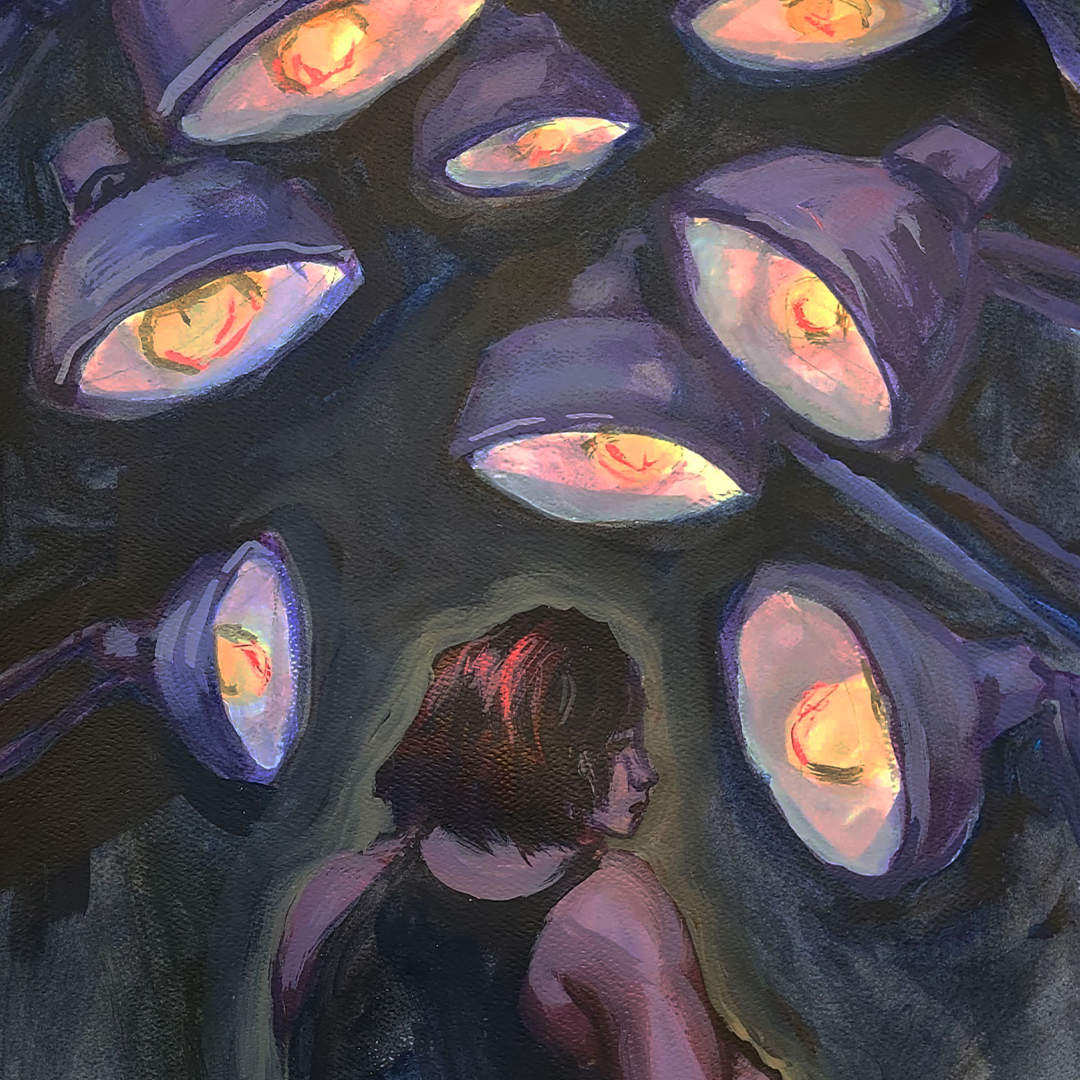Television connoisseurs and couch potatoes everywhere can now enjoy 50-hour suspenseful thrillers without schlepping to the movie theater. Instead, they can find it in the comfort of their own homes while sprawled out on the couch, mouths agape.
Many television critics and casual viewers have agreed that with a couple notable changes, we are in, or just were in, a sort of ‘golden age’ of T.V. This shift is marked by the overall movie-like qualities of T.V. shows, the emergence of the antihero and million-dollar budgets.
Eric Deggans has been a Tampa Bay Times media critic for nearly 20 years. In an interview with NPR, Deggans said the age was kicked off by “The Sopranos” 14 years ago, with its gritty, dark plot, and irresistible three-dimensional characters.
He said the age may have come to an end with the recent finale of “Breaking Bad,” a show which twisted and turned with the metamorphosis of a school teacher to a drug kingpin, with sweeping cinematic shots and cruel suspense.
Media critic Brett Martin wrote a book called “Difficult Men” about this era, which he called the third golden age of TV.
Martin stands with others who say nothing has ended. “Mad Men,” another golden age show according to critics, is still running, and popular changes don’t just die out. Martin says he’s excited about what these changes offer to the future.
Another primary theme in this age is the antihero. Viewers now root for, or at least become vested in the lives of Don Draper from “Mad Men,” Tony Soprano of “The Sopranos,” and Walter White from “Breaking Bad,” to name a few.
These unconventional heroes possess imperfections and traits which normally belong to villains, but lure viewers in with their relatable flaws and realistic malleability.
“It seemed to me that the one thing that was missing in that equation, as far as TV shows went, was the idea of growth and change within a character’s life,” “Breaking Bad” creator Vince Gilligan said in an interview with The Hollywood Reporter.
Senior Ryan Bennett is an aspiring filmmaker, and said that as TV characters become as dynamic as those in film, viewers become engrossed in their fictional lives, sometimes to the extent of cult followings.
“I think the average audience member is beginning to mature,” Bennett said. “People don’t want to see mindless violence as much as they used to.”
Audiences were growing bored of the same old reality and sitcom style shows, he said, and big-budget action movies have seen better days. Bringing this cinematic intensity to TV was the next logical step forward for the entertainment industry, he said.
Another movie-esque theme in the ‘golden age’ has been the use of suspense and cliffhangers, Bennett pointed out.
“When an episode ends in a cliff hanger one week, everyone has to sit at the edge of their seat for seven days before they can continue their favorite show,” he said.
He also discussed how television is the perfect outlet for these storytelling techniques. With new episodes released weekly, the shows become a part of viewers’ lives.
“In the end it’s all about the money for these huge networks,” Bennett said. “Unless their viewing numbers drop significantly, I think TV drama is here to stay.”








